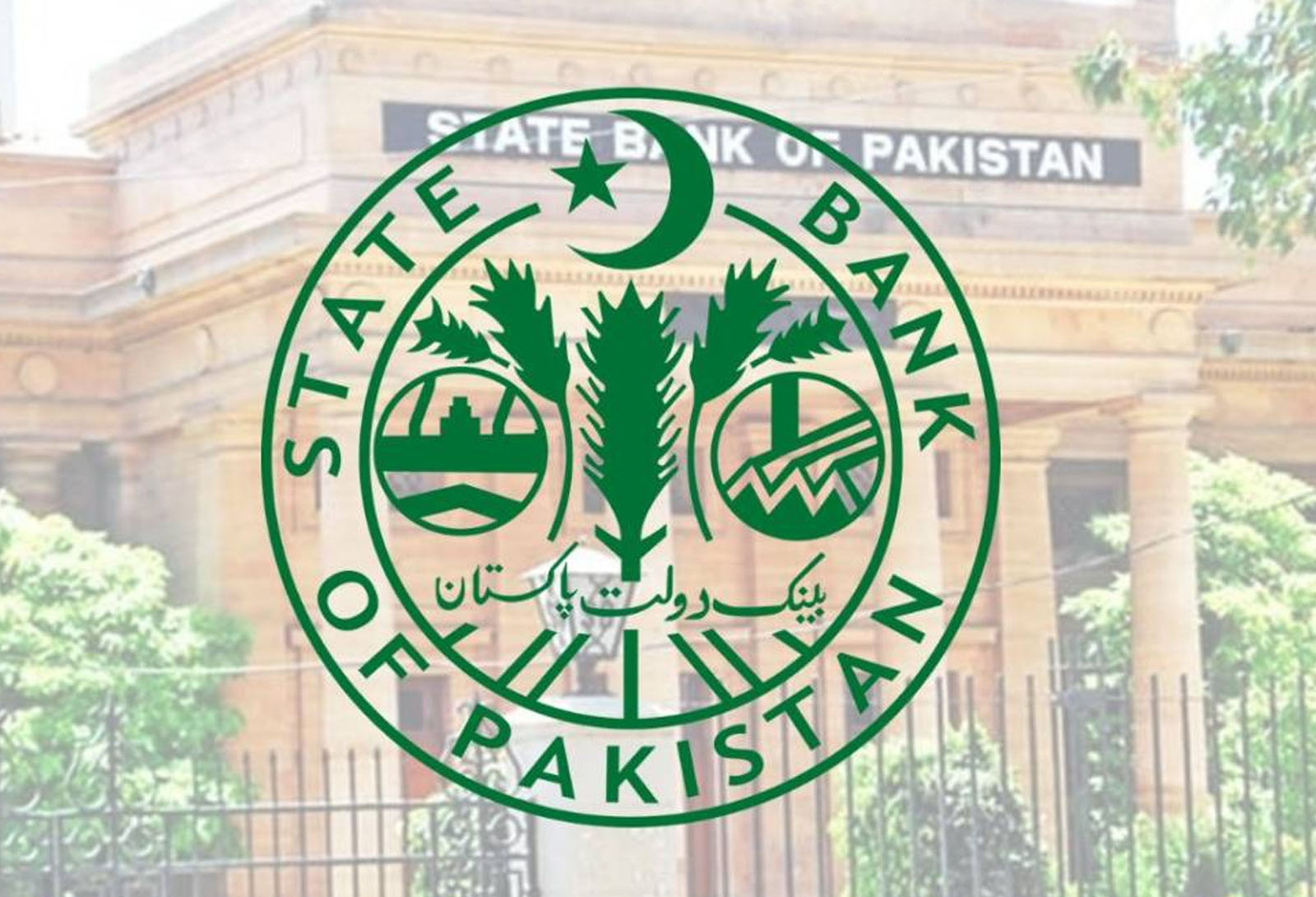The State Bank of Pakistan (SBP) on Monday decided to keep its benchmark interest rate steady at 11%, balancing inflationary pressures against growing external uncertainties, including the escalating Iran-Israel conflict. The Monetary Policy Committee (MPC) highlighted that while inflation in May aligned with expectations at 3.5% year-on-year, core inflation saw a marginal decline. The central bank warned that global instability, particularly rising oil prices, could further strain Pakistan’s trade deficit.
The MPC noted that Pakistan’s economy is gradually recovering, with real GDP growth at 2.7% in FY25 and a target of 4.2% for FY26. However, the widening trade deficit and weak financial inflows pose risks. The recent $1 billion IMF disbursement boosted foreign reserves to $11.7 billion, but the MPC stressed that sustained fiscal discipline and reforms are essential for stability.
The committee expressed concerns that some FY26 budget proposals could increase imports, further widening the trade gap. Despite these challenges, the SBP expects inflation to stabilize within the 5-7% target range by FY26. The MPC deemed the current positive real interest rate appropriate to anchor inflation while supporting growth.
The statement highlighted rising global oil prices due to Middle East tensions and easing US-China trade strains. The SBP emphasized that achieving fiscal targets, securing foreign inflows, and implementing structural reforms will be critical for Pakistan’s economic resilience. With geopolitical uncertainties looming, the central bank remains cautious in its policy approach to safeguard macroeconomic stability.


